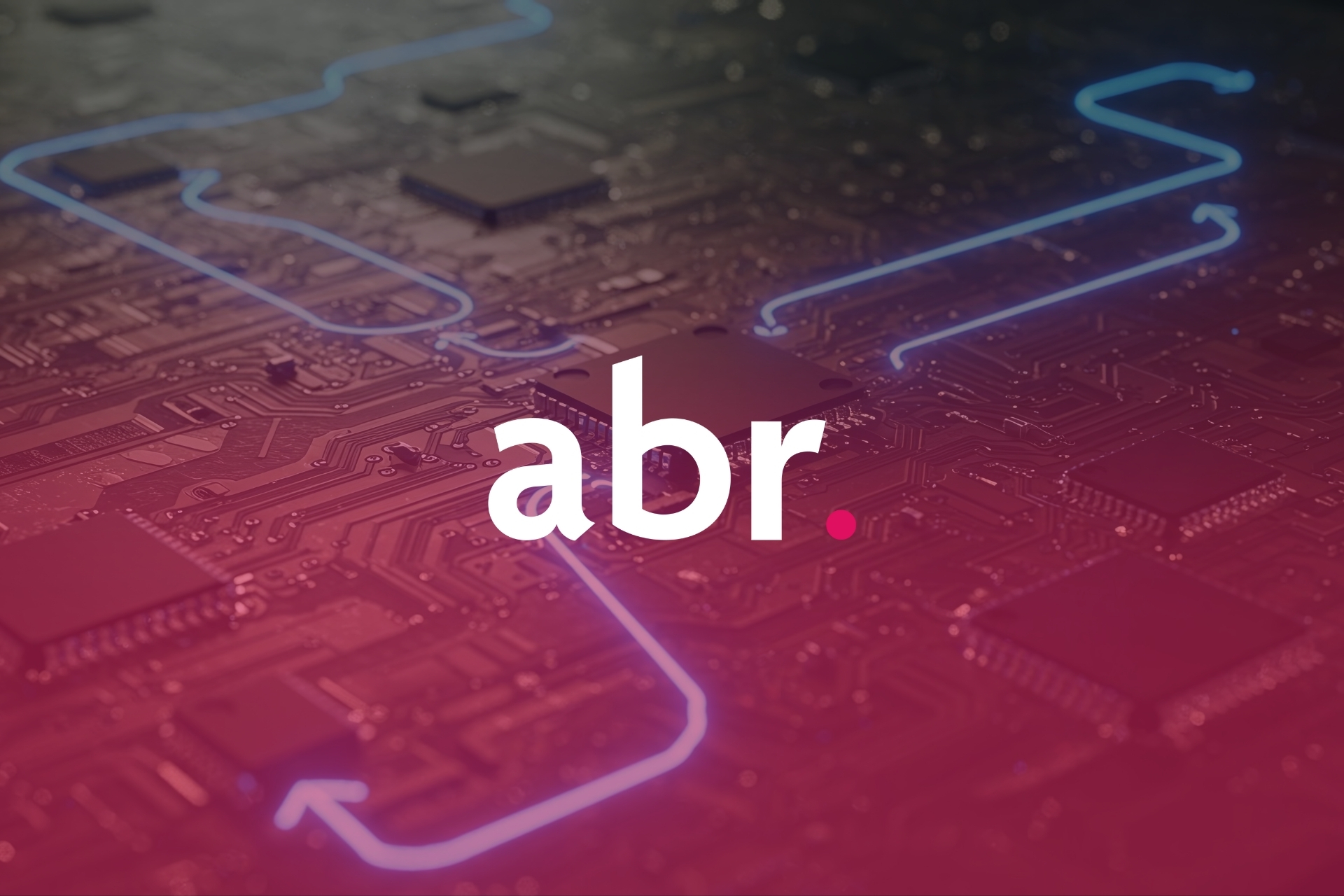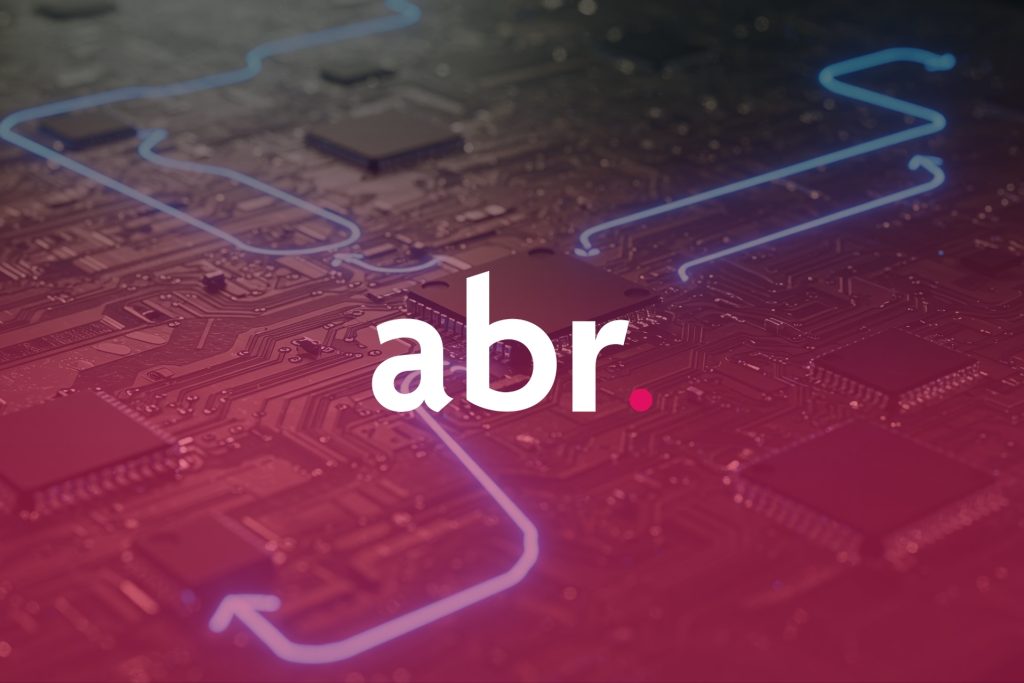This blog is inspired by the podcast: Doing It For Retention – Episode 011, Customer Success, AI and PLEO, available to watch and listen to today.
AI isn’t coming for your job. But it might take over the parts you secretly hate.
From data entry to forecasting, automation is reshaping how Customer Success teams work. Yet, for all the noise about machine learning and predictive analytics, one truth still stands: relationships drive retention.
The real challenge isn’t adopting AI, it’s learning how to use it without losing the human touch that makes Customer Success, well… successful.
The AI Surge: A New Era for Customer Success
Customer Success has always been a balancing act between data and empathy. Now, AI is tipping the scales.
Modern CS teams are flooded with tools promising real-time insights, automated health scores, and perfectly timed renewal alerts. The opportunity is huge — freeing up time once lost to admin means CSMs can finally focus on what matters: strategy and connection.
But technology only amplifies what’s already there. If your processes are weak, AI will expose it. If your customer strategy is vague, automation will accelerate the confusion.
The smartest teams aren’t just adopting AI; they’re integrating it around people, not instead of them.
The Human Element: Why Empathy Still Wins
Here’s the irony. The more digital we become, the more human connection matters.
AI can predict churn risk, flag sentiment, and even generate outreach messages. But it can’t replicate intuition, that subtle understanding built through countless customer conversations.
In high-performing SaaS teams, empathy is a data point in itself. It’s the difference between reacting to a customer issue and pre-empting it entirely.
CS leaders who understand this treat AI as an assistant, not a replacement. They use it to enhance their emotional intelligence, not outsource it. Because the best insights often come from the nuances no algorithm can read.
Reimagining the CSM Role
AI has sparked an identity shift in Customer Success. The days of the reactive “support-adjacent” CSM are over.
Today’s CSMs are expected to act more like consultants — analysing product adoption, shaping account strategy, and driving measurable outcomes.
AI can automate the noise, but it can’t replace the nuance. The leaders getting it right are the ones blending automation with active listening. They’re teaching their teams to ask sharper questions, interpret signals intelligently, and use data to fuel meaningful conversations, not replace them.
When used properly, AI doesn’t make people redundant. It makes them more effective.
AI as a Leadership Test
Introducing AI isn’t just a tech project — it’s a leadership moment.
Rolling out automation forces leaders to confront deeper questions:
- What should humans do best?
- What should technology handle?
- How do we train teams to think critically, not just follow workflows?
The best leaders approach AI as a cultural upgrade, not a quick fix. They communicate openly about its role, encourage experimentation, and make learning part of the job.
When people feel empowered rather than replaced, AI becomes a catalyst for engagement, not anxiety.
Measuring the Right Outcomes
With new tech comes a new temptation: measuring what’s easy instead of what matters.
Automated dashboards and sentiment trackers are useful, but they don’t tell you if your customers feel seen, understood, or valued.
Real retention still depends on emotional connection. AI can tell you who to call, but not how to make them stay.
That’s where the next evolution of Customer Success lies — blending data-led insights with human intuition to create experiences that feel effortless, but never artificial.
The Takeaway
AI isn’t the enemy of Customer Success. It’s the upgrade.
But only if we remember what made the role valuable in the first place — curiosity, empathy, and a genuine obsession with customer outcomes.
The future belongs to teams that can combine intelligence and intuition. Because the best CSMs won’t just be data-driven; they’ll be human-led.
Are you looking to create the best CS team for your customers? Contact us.




